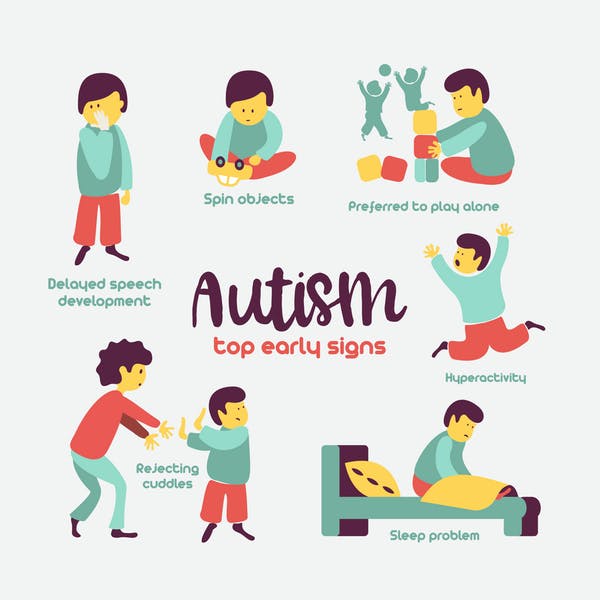Kindergarten is one of the most momentous milestones in a child’s life. For many, it represents a first school experience. But even a preschool veteran can struggle with new rules, expectations and relationships. For children with special needs, this transition can be especially challenging. Here’s how to ease the way
1. Consider early intervention
Early intervention for children with special needs is available from birth through age 5. These services are outside the purview of your school district. A child who does not receive early intervention may still be eligible for special education services once he reaches Kindergarten age. Similarly, a child who has received early intervention is not automatically eligible for special education in Kindergarten. That said, children with special needs who receive appropriate early intervention services are better situated to enter Kindergarten for two main reasons:
First, younger children have more “flexible” brains — called “neuroplasticity” — and thus tend to benefit more from interventions, especially in speech and language.
Second, it will be much easier (and faster) for your child’s Kindergarten team to understand and appropriately program for her needs if they have input from her early intervention team.
2. Know the law
It’s important to know whether the laws of your state require your child to attend Kindergarten, and, if so, at what age. In states where Kindergarten is not mandatory, parents must decide whether or when their child is ready. This decision is best made in close consultation with teachers, doctors and therapists, based on your child’s unique needs.
- Delaware: At least half-day Kindergarten IS mandatory for children who are 5 years old as of August 31, but parents or guardians can request a one-year delay.
- New Jersey: Kindergarten is NOT mandatory, though most districts offer at least a half-day program. However, more than 100 NJ districts are required to offer Kindergarten because they have a high percentage of families who are eligible for free or reduced-price lunch. (Check your school district website.) School attendance is mandatory in NJ at age 6.
- Pennsylvania: Kindergarten is NOT mandatory, though most districts offer at least a half-day program. School attendance is not mandatory before age 8.
It’s a common perception that school districts do not have to provide special education in Kindergarten unless Kindergarten is mandatory. This is false. Once a child is enrolled in a school district, he might be eligible for special education and related services in an Individualized Education Plan (IEP). In addition, kids cannot be denied admission simply because they have a disability, nor can the district limit children with disabilities to a half-day program if it offers full-day programs to nondisabled kids.

3. “Register” your concerns
Kindergarten readiness assessments typically occur in early spring prior to the fall when school begins. This is generally the first (and most important) opportunity you’ll have to share your insights and concerns with your child’s Kindergarten team. Pre-registration usually begins in February, and the forms will ask for info about services your child already receives. It is crucial to share your concerns candidly and accurately, especially if your child did not receive early intervention. The more the Kindergarten team knows early on, the better..
4. Build a good IEP
After you register your child, the district will learn of his current services and should plan to assess his needs. This may include observations of your child at preschool or daycare and collaboration with you. If he is eligible for an IEP, a meeting will be held. The IEP is a working document and you may request an IEP meeting at any time. So while it’s great to build the best initial IEP possible, modifications are inevitable once school starts.
5. Get (and stay) organized!
Even before day one of Kindergarten, you will likely have amassed an impressive collection of evaluations, progress reports, medical reports, IFSPs, behavioral plans, screenings and insurance forms. As one Delaware County mom puts it, “Half the battle is keeping track of all the names and knowing where to find that one important piece of paper.”
Whether you’re the three-ring binder queen or organizationally challenged, check out the resources on getting organized at Talk About Curing Autism. The key is to find a system that works for you and stick with it; any system is better than none at all!






